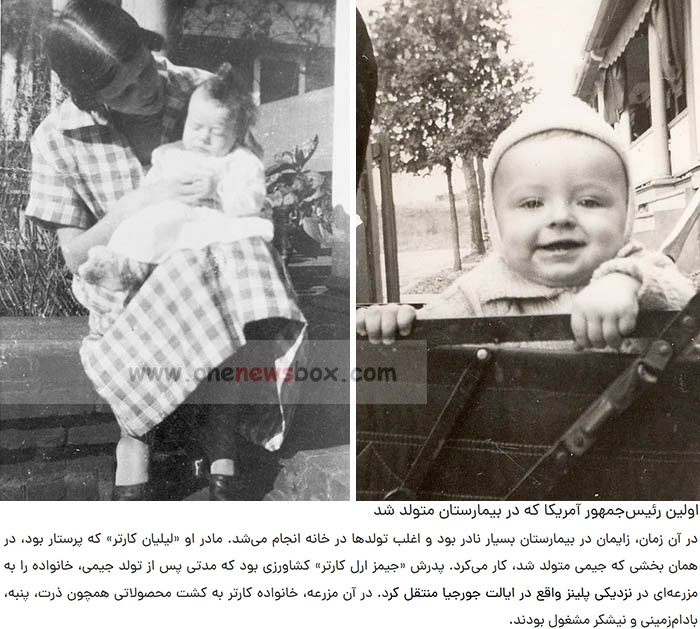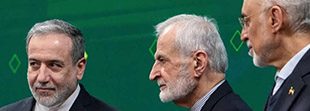Jimmy Carter, the 39th President of the United States, made an indelible mark not only during his presidency but also in the years that followed. After leaving office in 1981, Carter became renowned for his humanitarian efforts, global diplomacy, and his unwavering commitment to human rights, earning him the Nobel Peace Prize in 2002. However, his life story began long before his political career. Jimmy Carter was born on October 1, 1924, in Plains, Georgia, marking a unique place in American history—he was the first U.S. president to be born in a hospital.
At the time of his birth, hospital deliveries were still uncommon in rural America, and most births took place at home. This fact adds a unique chapter to Carter’s legacy. His mother, Lillian Carter, was a nurse who worked at the hospital where he was born, which was then a significant rarity. She was dedicated to serving her community, both as a medical professional and as a strong, independent woman, and her influence clearly shaped her son’s path in life. Jimmy Carter’s father, James Earl Carter, was a farmer, and shortly after Jimmy’s birth, the family moved to a farm near Plains. It was here that the Carter family lived and worked, cultivating crops like peanuts, cotton, corn, and sugarcane.
Carter’s upbringing in a farming environment taught him the values of hard work, persistence, and a deep connection to the land. These early experiences grounded him, giving him a sense of humility and dedication that would later define his political career. His family’s modest lifestyle and rural background played a critical role in shaping his policies and approach to governance when he became president. He was known for his efforts to make government more transparent, reduce reliance on fossil fuels, and promote peace worldwide.
Carter’s devotion to service did not end with his presidency. In fact, he became an international advocate for human rights, established the Carter Center, and worked tirelessly to mediate conflicts and promote democracy. His impact on global peace and humanitarianism continued well into his later years, even after he faced health challenges.
When he passed away at the age of 100, Carter’s legacy was far-reaching. His life—marked by service, compassion, and an unwavering commitment to improving the world—remains an inspiration for future generations. From his humble beginnings in rural Georgia to his role as a globally recognized leader, Jimmy Carter’s story exemplifies the power of dedication and altruism.

